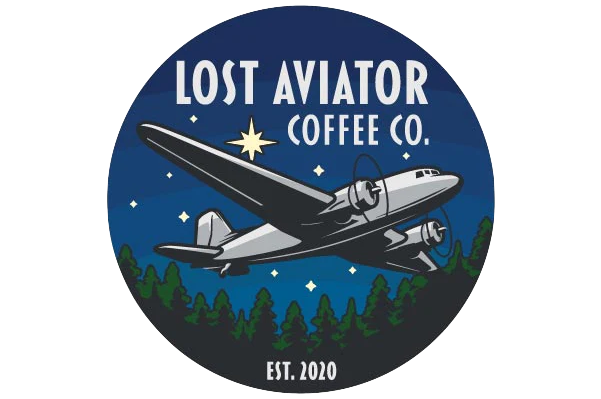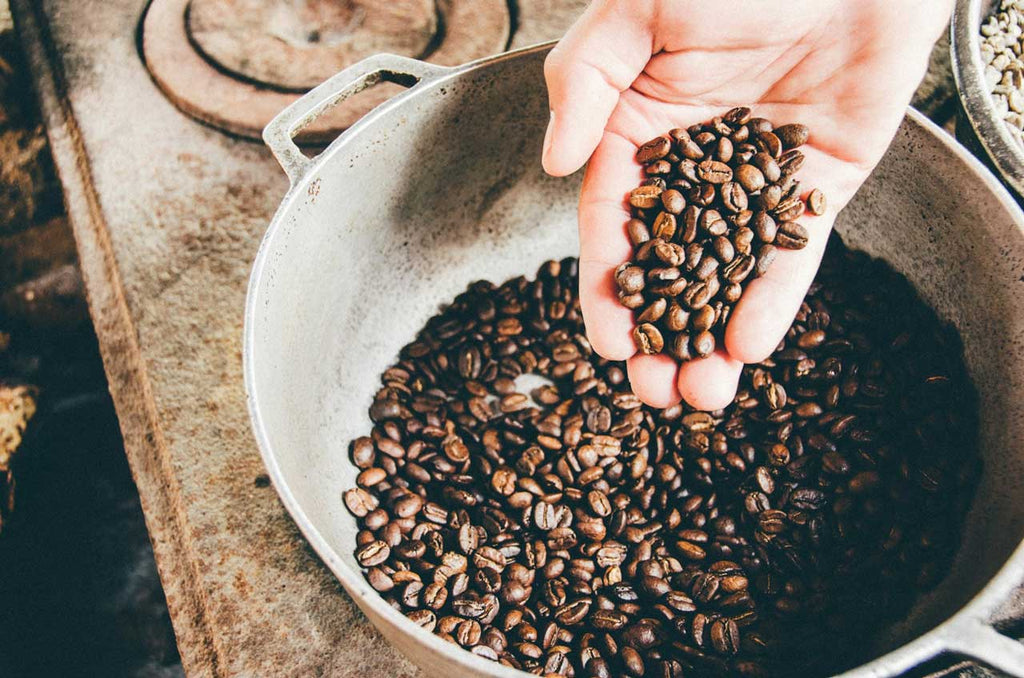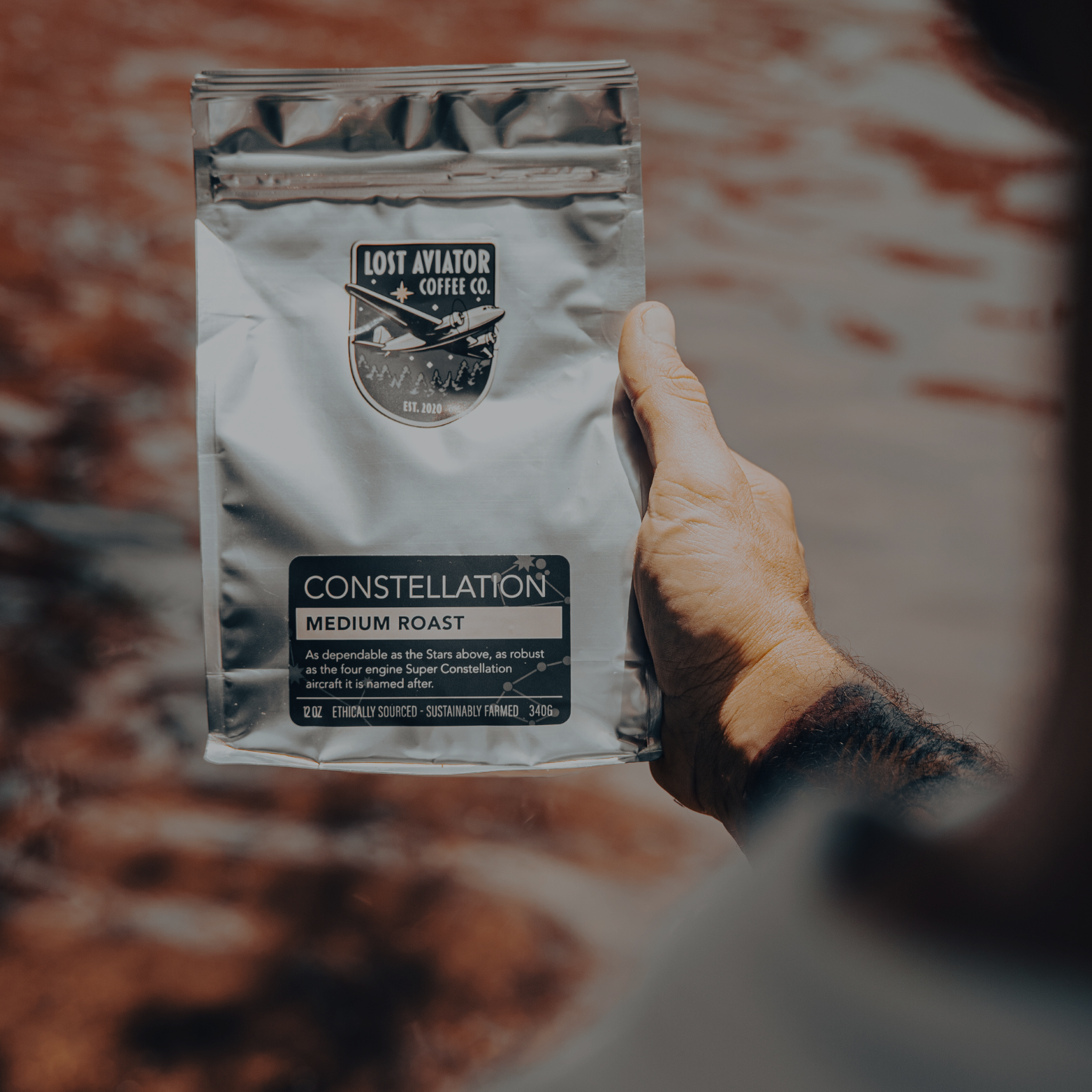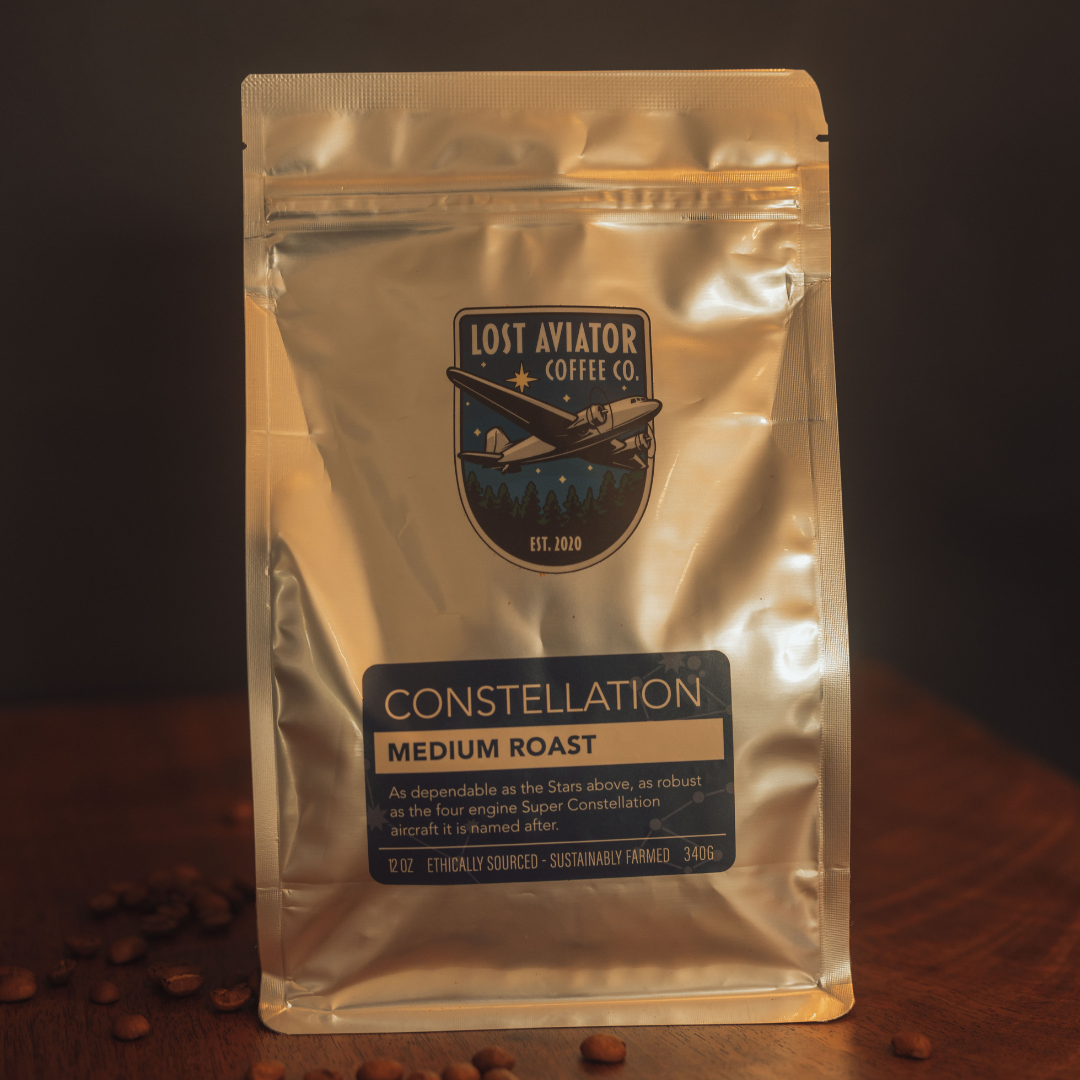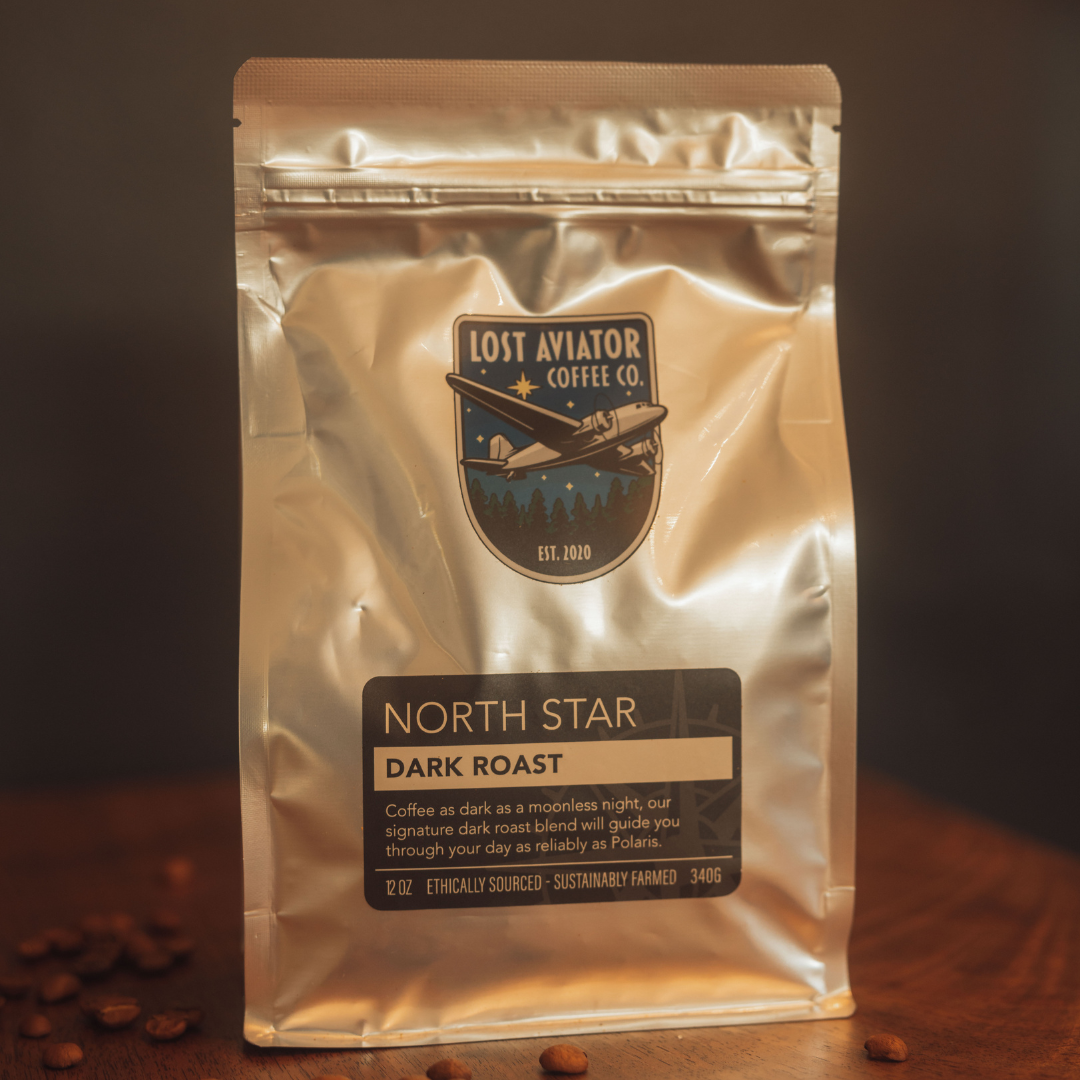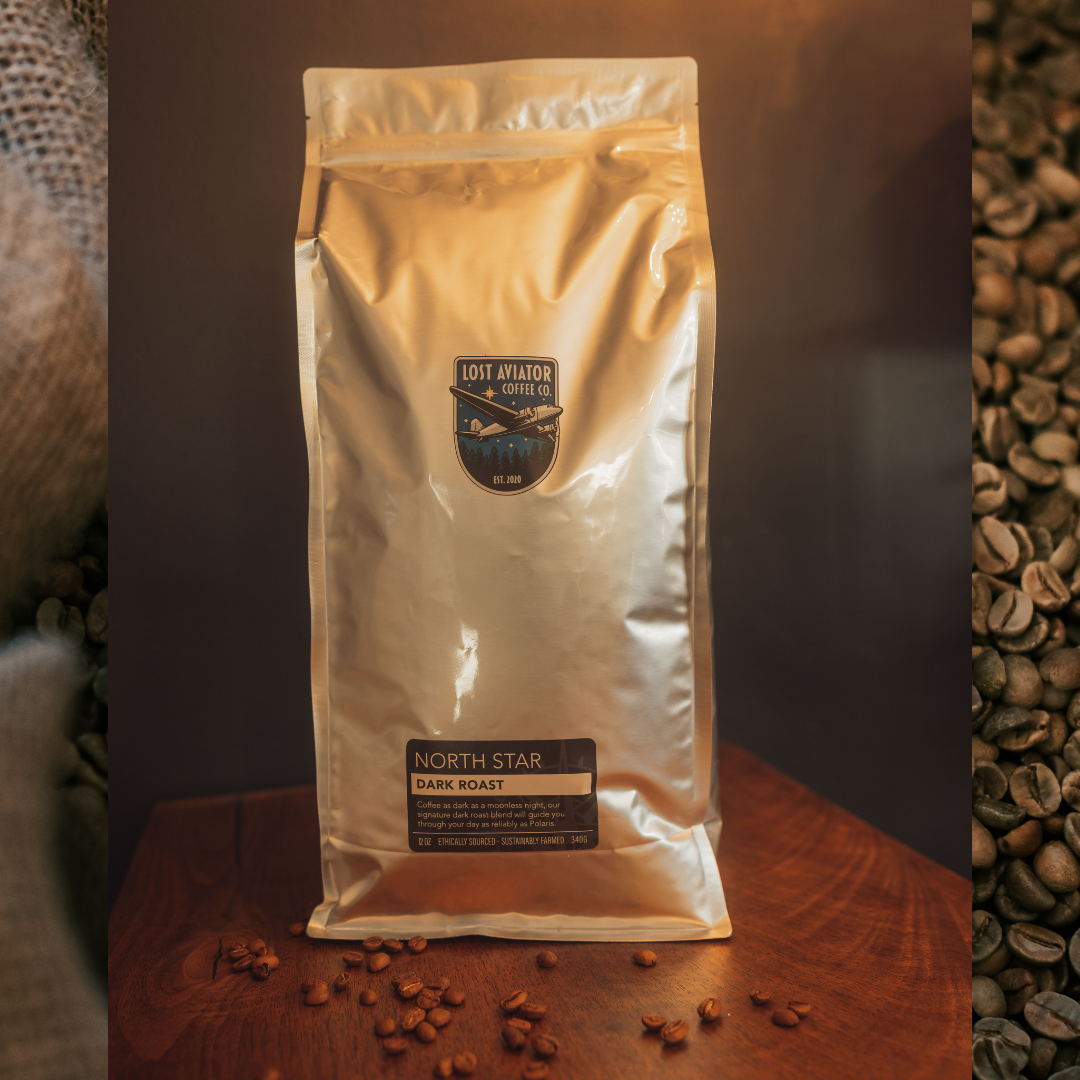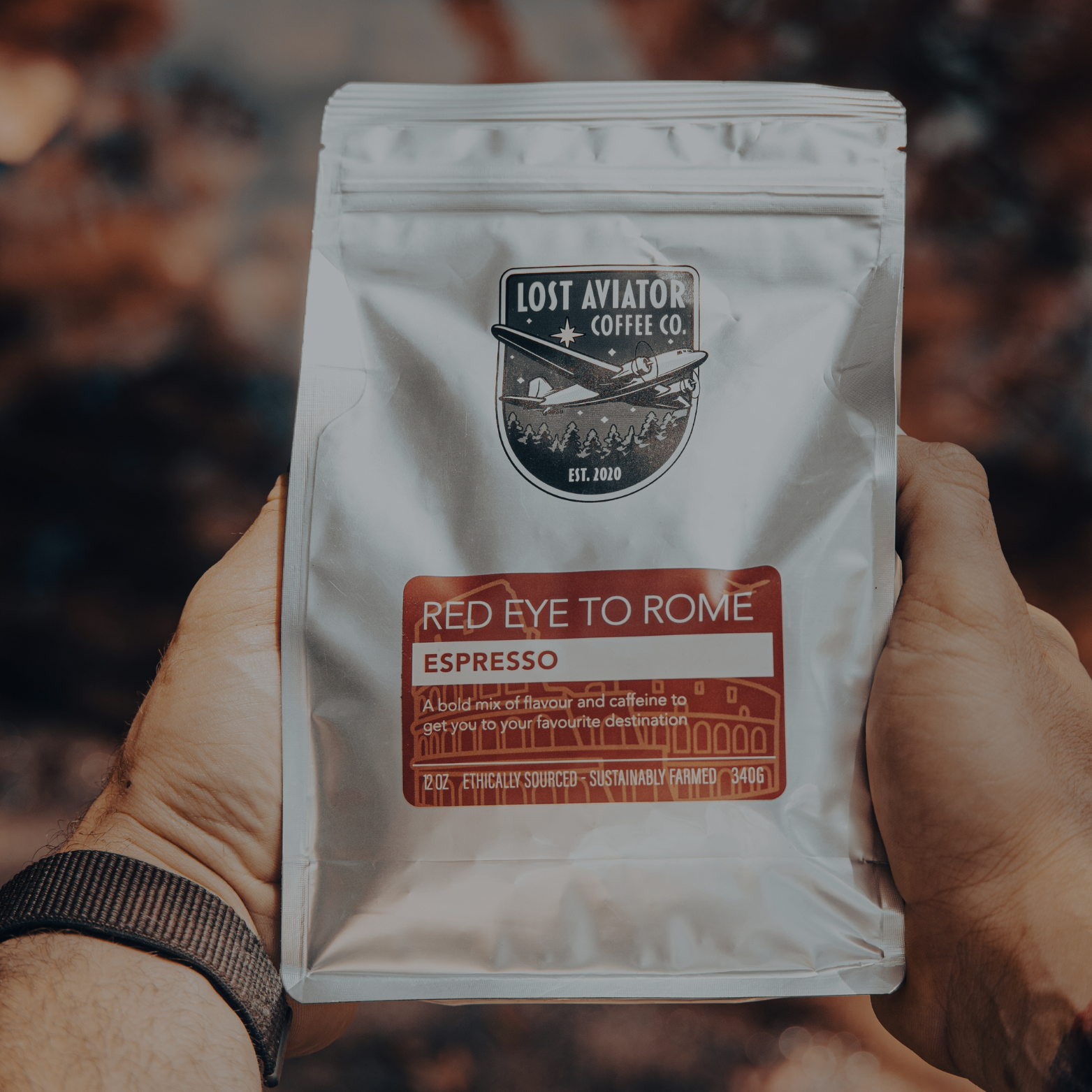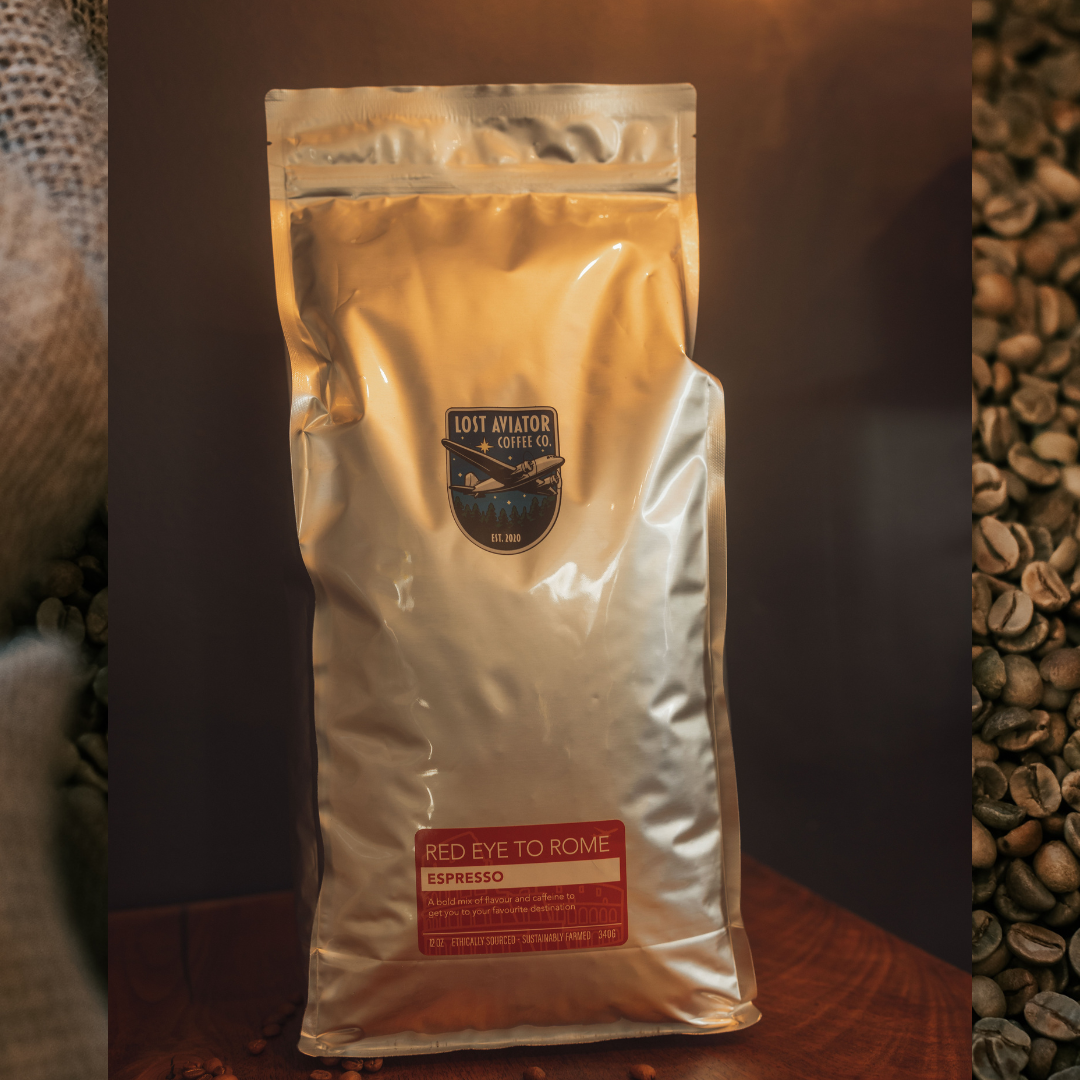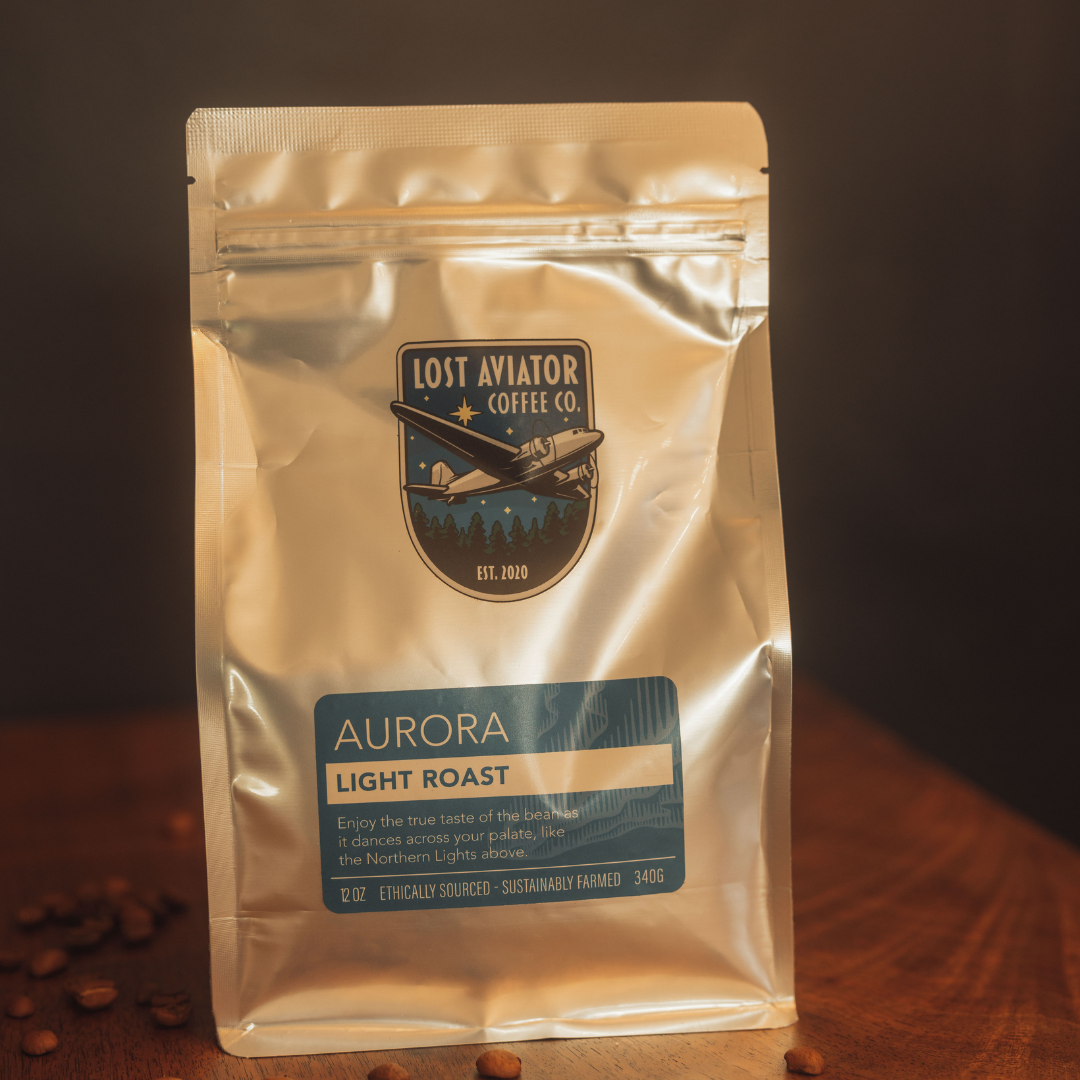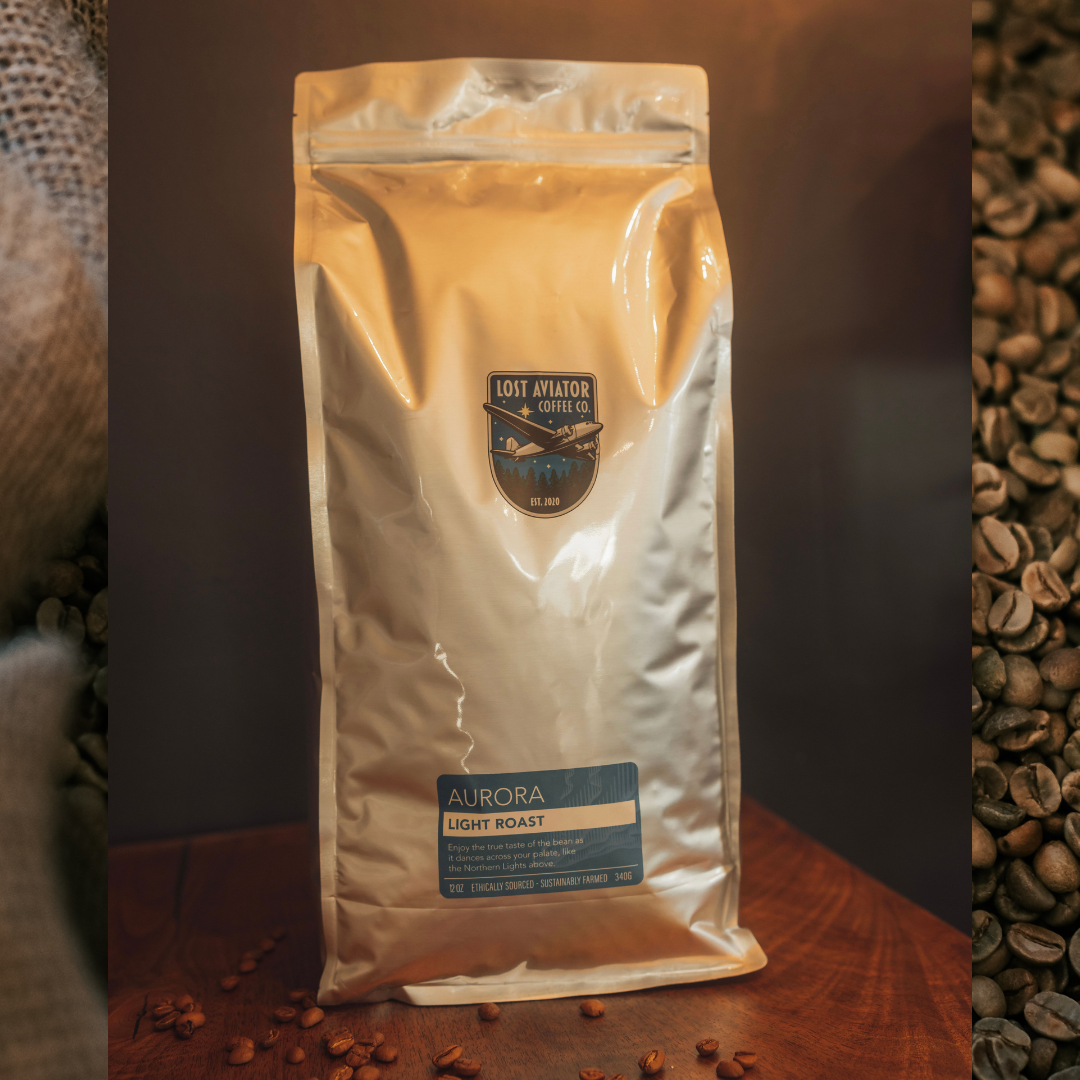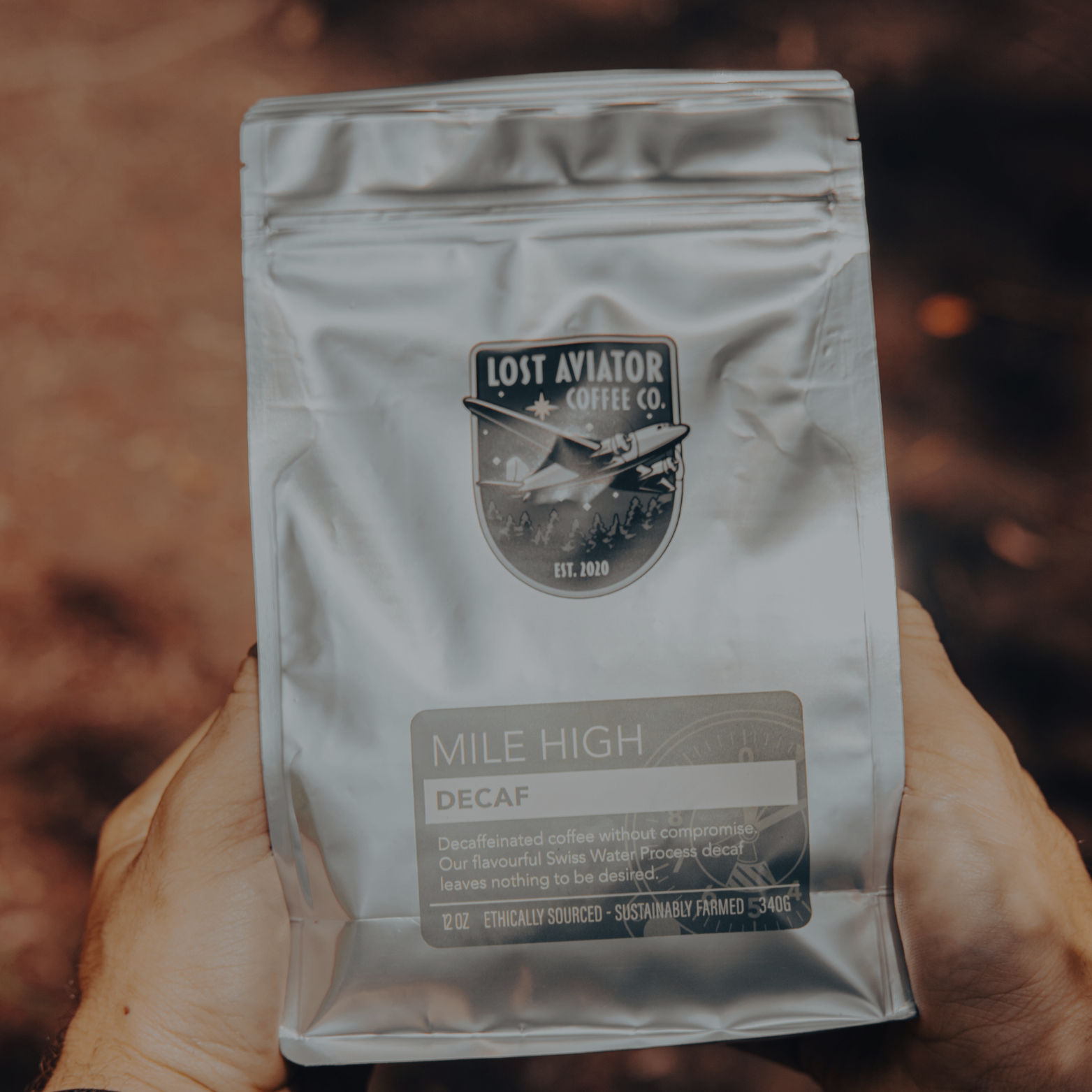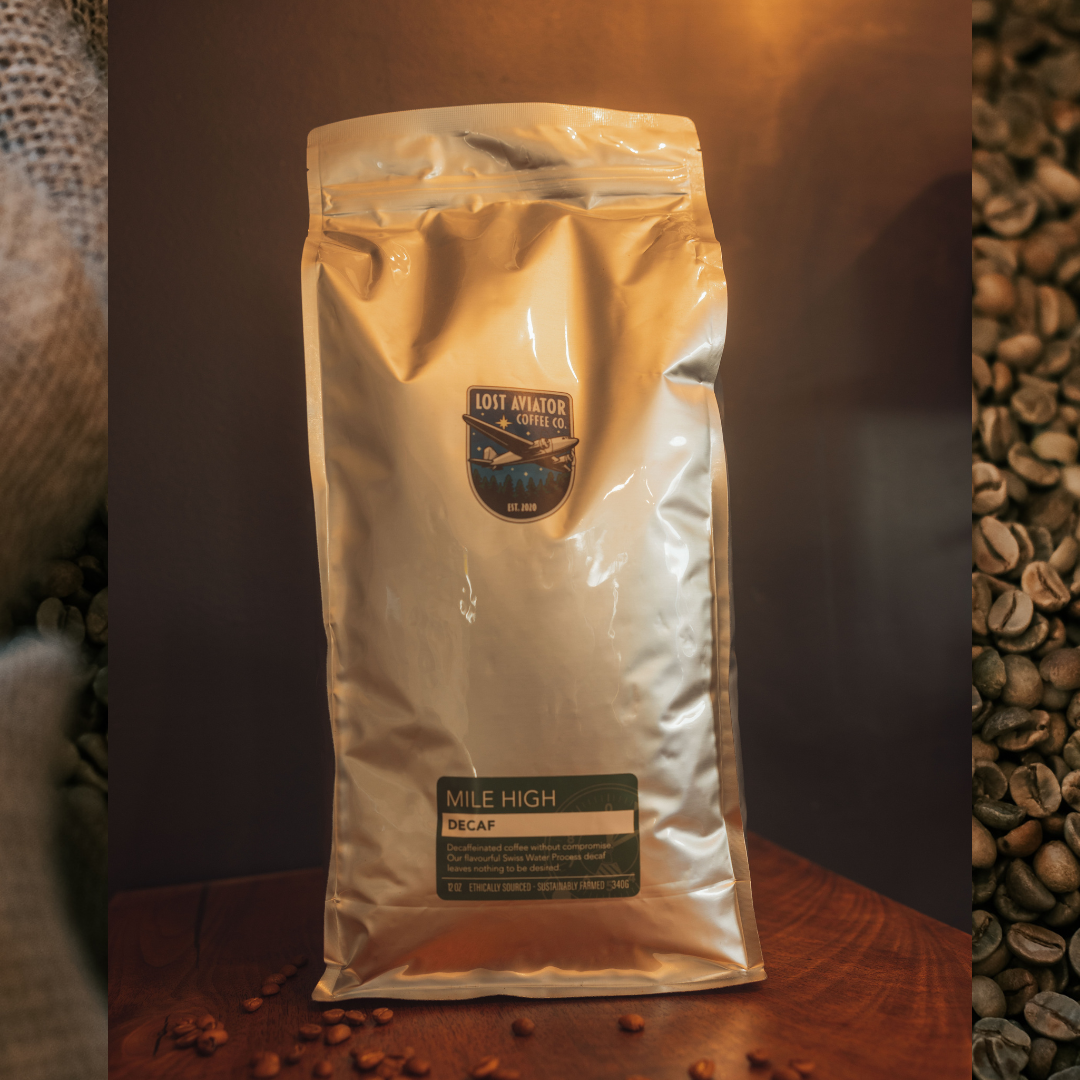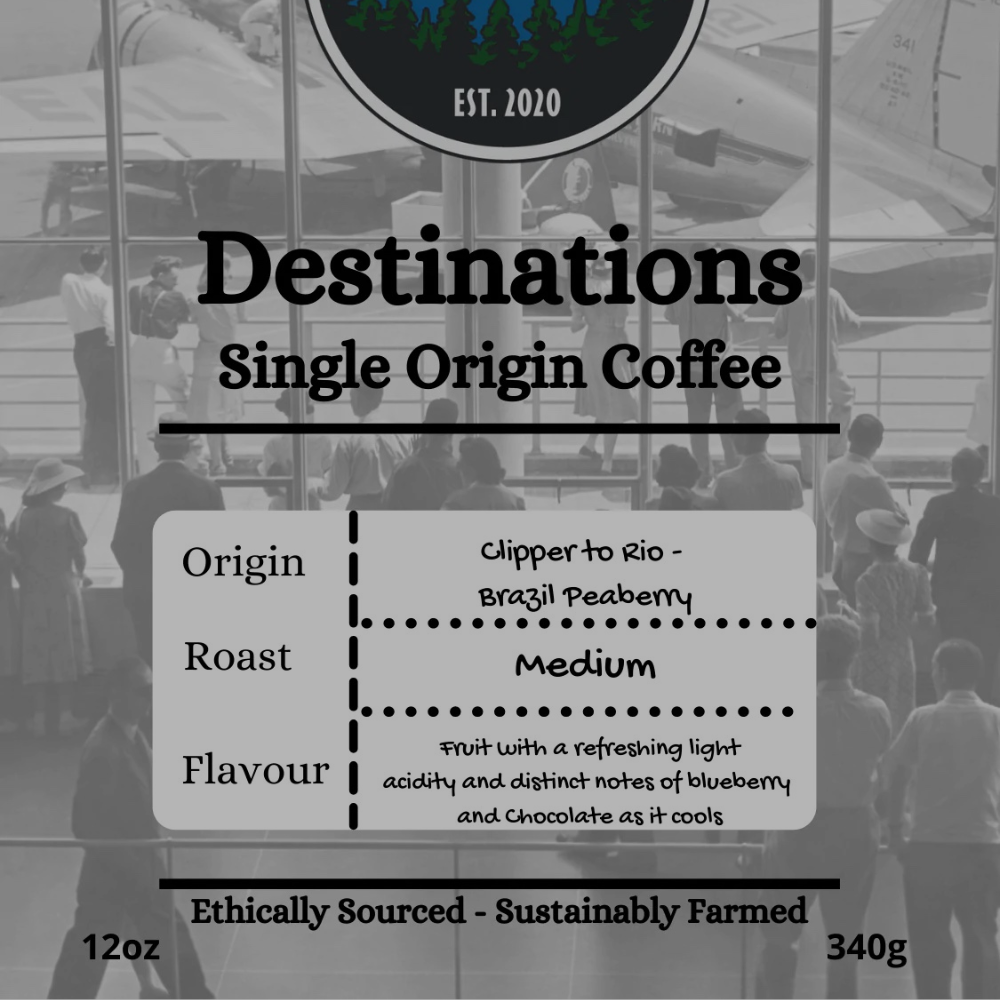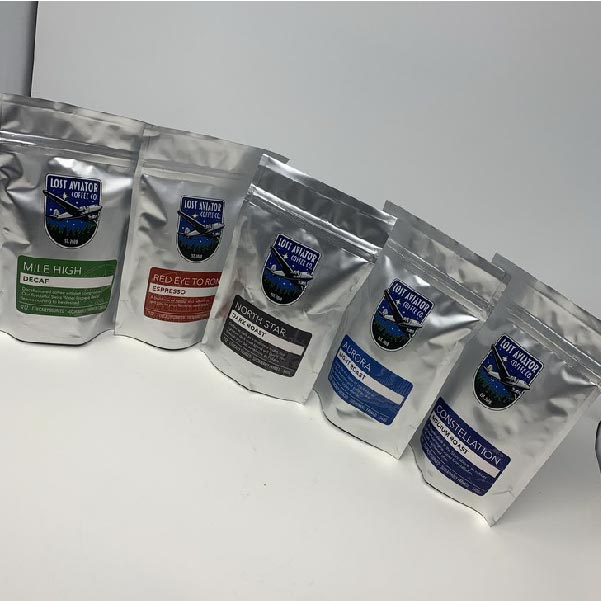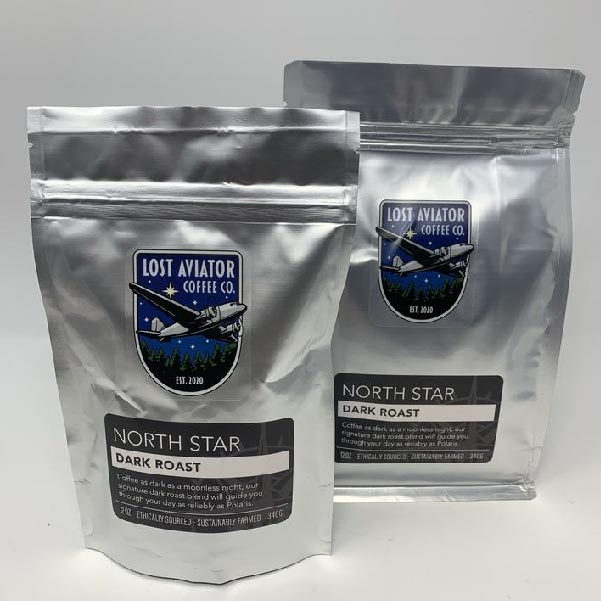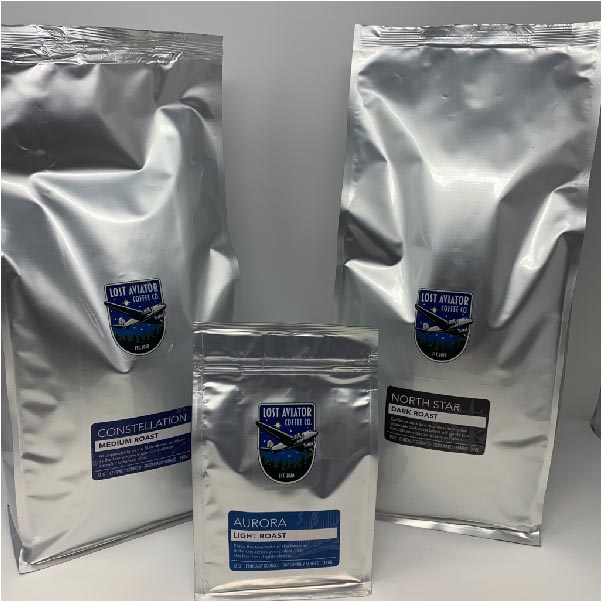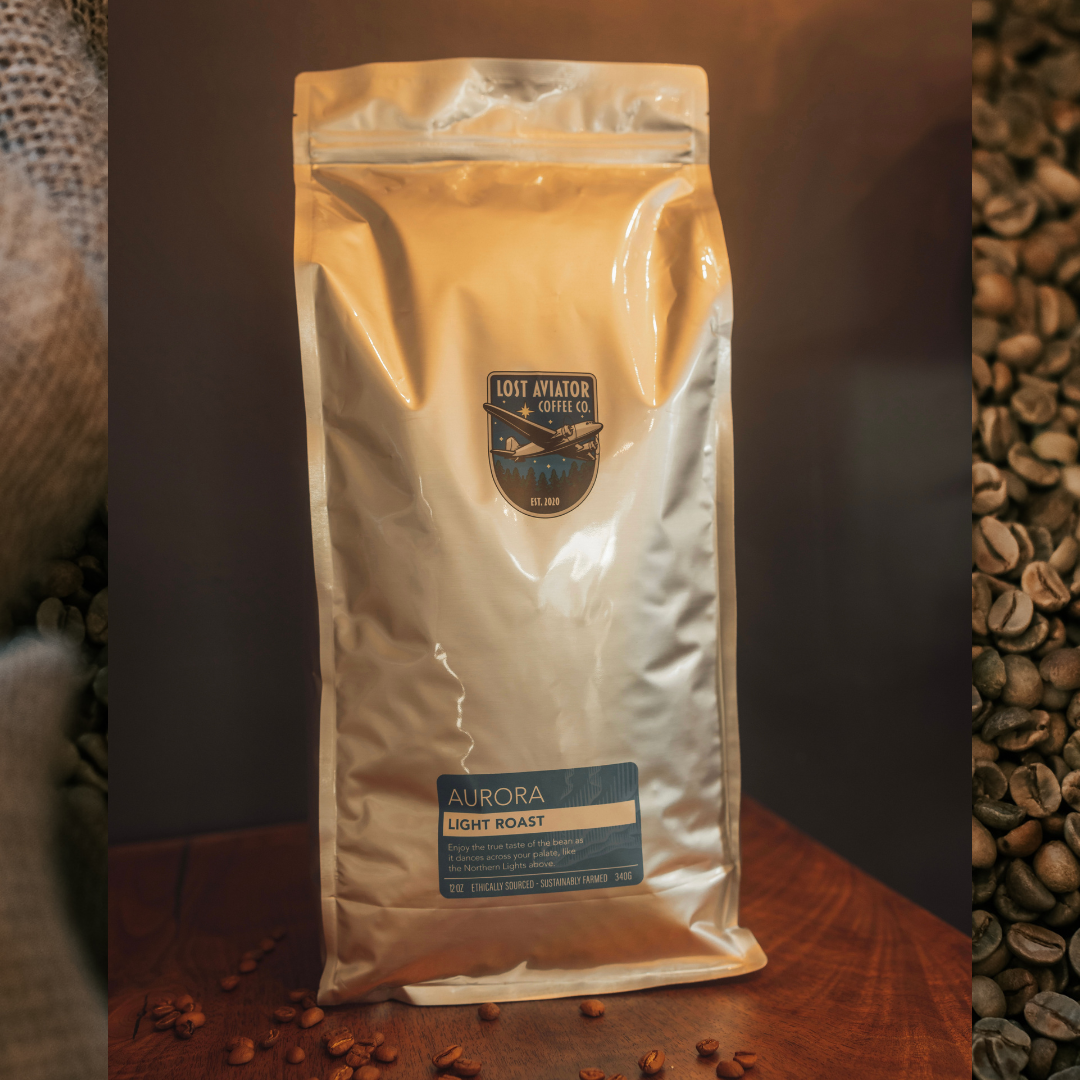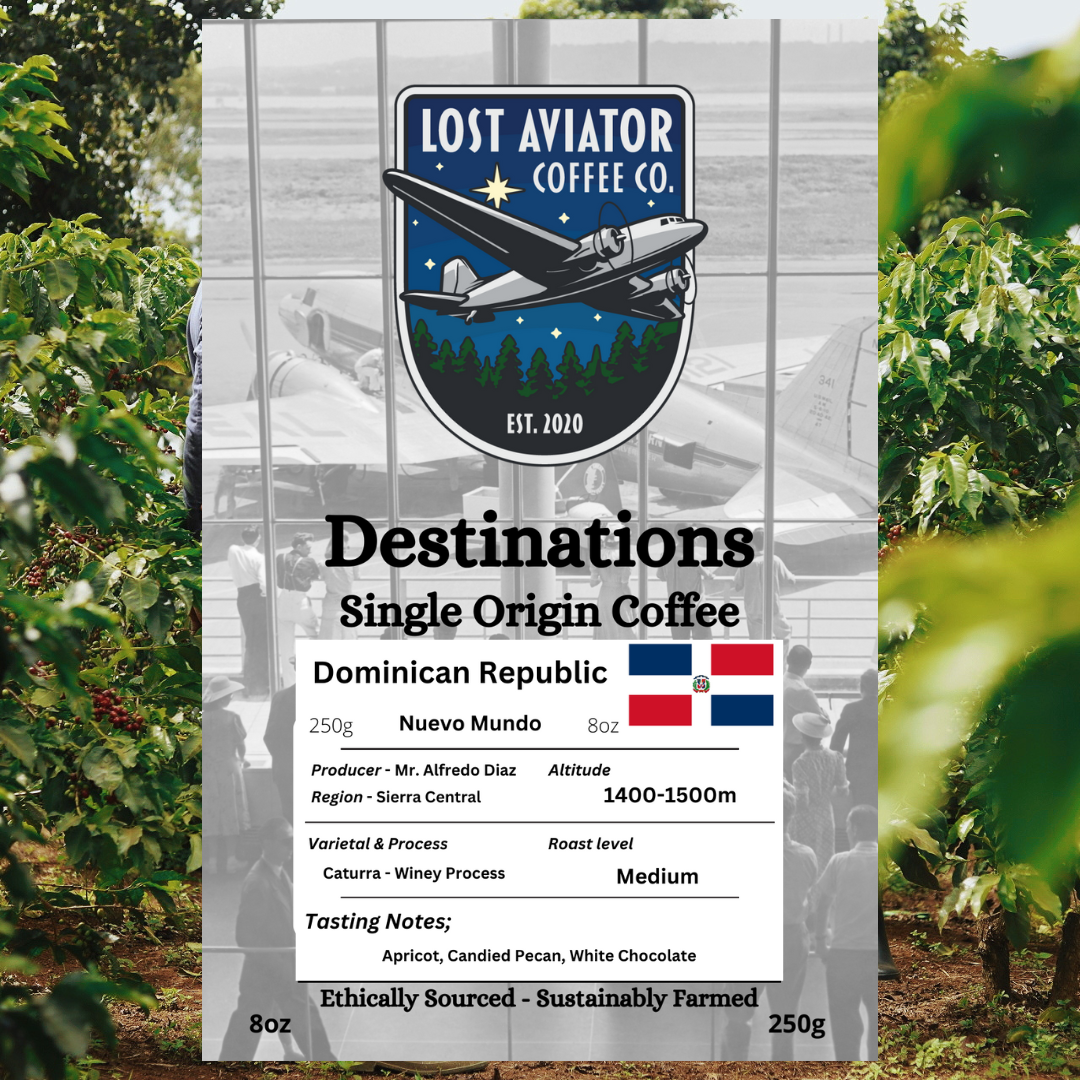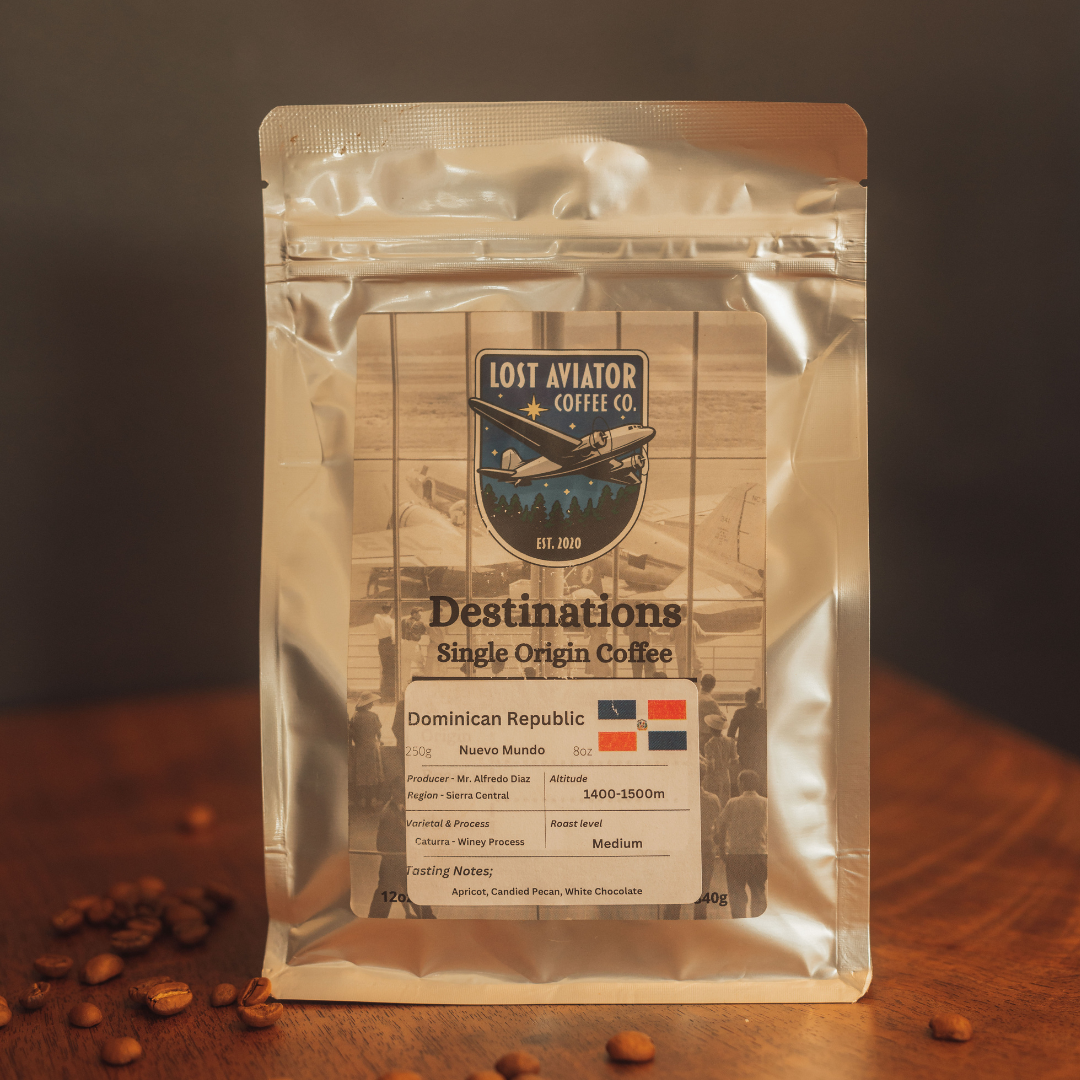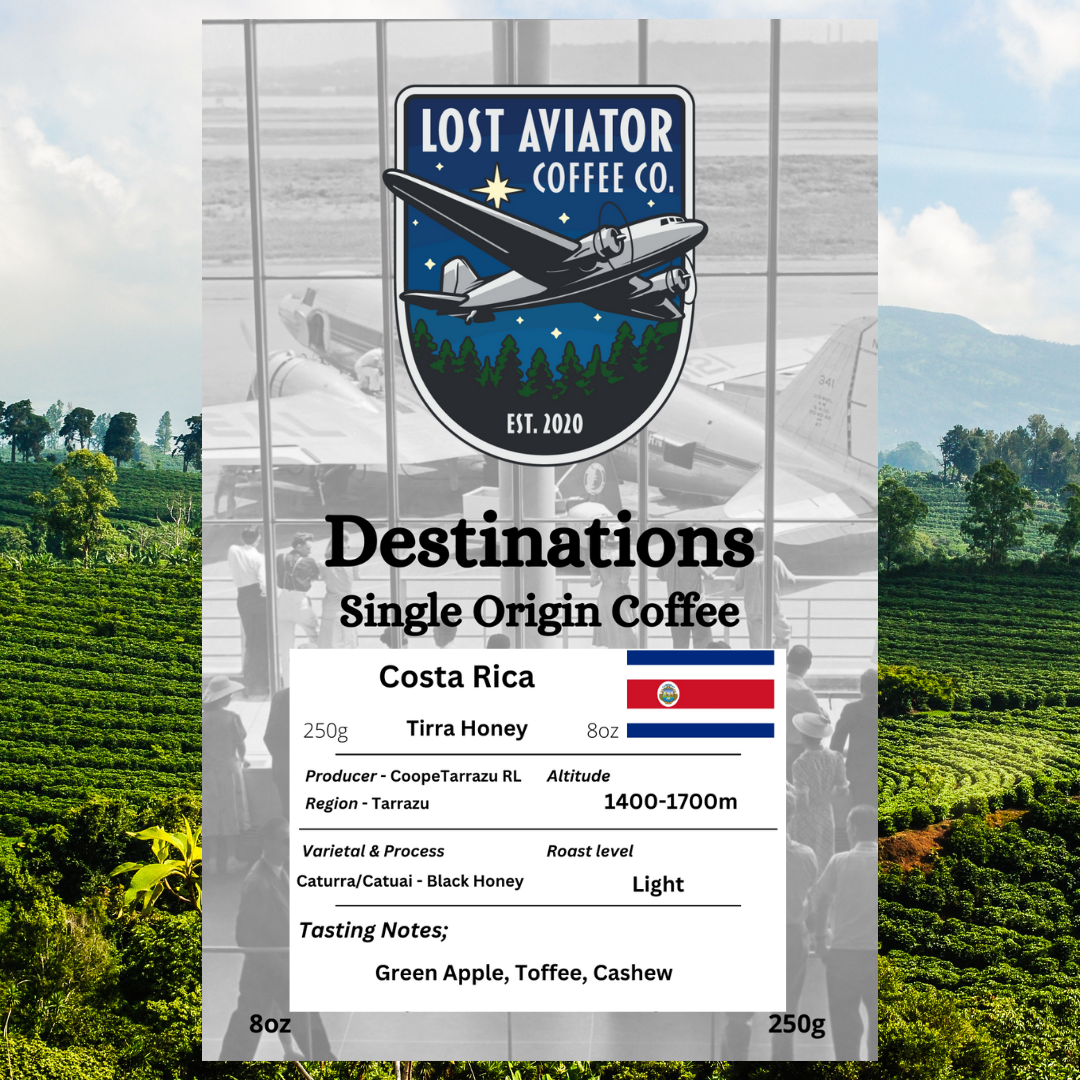
Coffee Trends 2024: What's Brewing in the World of Caffeine

Introduction
Coffee has long been a beloved beverage, providing a jolt of energy and a comforting ritual for millions of people around the world. But the coffee industry is constantly evolving, with new trends and innovations shaping the way we consume this caffeinated elixir. In this article, we'll explore the exciting coffee trends that are predicted to dominate the industry in 2024. From specialty coffee to sustainable practices, we'll delve into the world of coffee and discover what's brewing.
The Rise of Specialty Coffee
In recent years, specialty coffee has taken the coffee world by storm. This premium category of coffee is known for its exceptional quality, unique flavors, and meticulous production process. Unlike commodity coffee, which is mass-produced and often lacks distinct characteristics, specialty coffee is crafted with care and precision. It is typically sourced from specific regions or farms, allowing for traceability and a closer connection between the consumer and the producer.
The Third Wave Coffee Movement
The rise of specialty coffee can be attributed to the Third Wave Coffee Movement. This movement, which began in the early 2000s, focuses on elevating coffee to an artisanal level. It emphasizes the importance of quality, sustainability, and ethical sourcing. Third wave coffee shops prioritize small-batch roasting, single-origin beans, and brewing methods that highlight the unique flavors of each coffee.
Single-Origin and Micro-Lot Coffees
One key aspect of specialty coffee is the emphasis on single-origin and micro-lot coffees. Single-origin coffee is sourced from a specific country, region, or even a single farm. This allows coffee enthusiasts to explore the distinct flavors and characteristics of different coffee-growing regions. Micro-lot coffees take this concept a step further, offering beans from a specific plot of land within a farm. These coffees are highly sought after for their exceptional quality and limited availability.
The Role of Coffee Certifications
When it comes to specialty coffee, certifications play a crucial role in ensuring quality and sustainability. Organizations like the Specialty Coffee Association (SCA) and Fair Trade USA set standards for coffee production, focusing on factors such as environmental impact, fair wages for farmers, and social responsibility. Certifications like Fair Trade, Rainforest Alliance, and Organic provide consumers with the assurance that they are supporting ethical and sustainable coffee practices.
Sustainable Coffee Practices
As environmental concerns continue to gain prominence, the coffee industry is making significant efforts to promote sustainability. From reducing carbon emissions to supporting biodiversity, sustainable coffee practices are becoming a top priority for coffee producers and consumers alike.
Climate Change and Coffee
Climate change poses a significant threat to coffee production. Rising temperatures, changing rainfall patterns, and increased pest pressure all have the potential to devastate coffee crops. To combat these challenges, coffee producers are implementing strategies such as shade-grown cultivation, water conservation, and carbon offset programs. Additionally, research is being conducted to develop coffee varieties that are more resilient to climate change.
Direct Trade and Farm-to-Cup Transparency
Another aspect of sustainability in the coffee industry is the focus on direct trade and farm-to-cup transparency. Direct trade involves forming direct relationships between coffee producers and buyers, cutting out middlemen and ensuring fair prices for farmers. This approach fosters transparency and allows consumers to know exactly where their coffee comes from and how it was produced.
Waste Reduction and Circular Economy
Coffee production generates a significant amount of waste, from coffee cherry pulp to used coffee grounds. However, the industry is finding innovative ways to reduce and repurpose this waste. Coffee cherry pulp, for example, can be used as fertilizer or converted into animal feed. Used coffee grounds are being repurposed for everything from skincare products to biofuels. These initiatives not only reduce waste but also contribute to the circular economy.
The Rise of Coffee Subscriptions
In the age of convenience and customization, coffee subscriptions have gained immense popularity. These subscriptions offer consumers the opportunity to have freshly roasted coffee delivered to their doorstep regularly. From personalized flavor profiles to a variety of brewing methods, coffee subscriptions cater to individual preferences and ensure a consistently excellent cup of coffee.
Personalized Flavor Profiles
Coffee subscriptions typically offer a range of coffee profiles to suit different taste preferences. Whether you prefer a bold and robust espresso or a fruity and floral pour-over, there is a subscription that can cater to your unique palate. Subscribers can often customize their flavor preferences and receive recommendations based on their feedback.
Brewing Method Variety
Coffee subscriptions also provides an opportunity to explore different brewing methods. From classic drip coffee to trendy pour-over and cold brew, subscribers can experiment with various techniques and equipment. Some subscriptions even include brewing guides and tips to help subscribers make the most of their coffee.
Convenience and Freshness
One of the main advantages of coffee subscriptions is the convenience of having freshly roasted coffee delivered to your doorstep. Subscribers can say goodbye to stale supermarket coffee and enjoy the aroma and flavor of beans that were roasted just days before. This freshness enhances the overall coffee experience and ensures that every cup is a delight.
Conclusion
The coffee industry is a dynamic and ever-evolving landscape, driven by consumer preferences, environmental concerns, and innovation. As we look ahead to 2024, the rise of specialty coffee, sustainable practices, and coffee subscriptions will continue to shape the way we enjoy our daily cup of joe. So, whether you're a coffee connoisseur or a casual coffee drinker, get ready to explore the exciting coffee trends that await us in the years to come. Cheers to the future of coffee!

